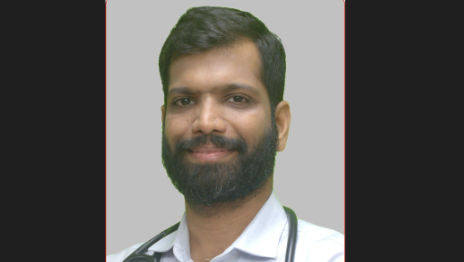- Home
- Speciality specific Q&A
- Cardiology
- Heart Disease
I'm really concerned about my sister's ultrasound report. It shows she has dilated cardiomyopathy and severe left ventricular systolic dysfunction with an EF of 33. She's also got severe pulmonary artery hypertension and an RVSP of 78 mmHg. The doctor mentioned there's no surgery option. Can you shed some light on what treatment options might be available for her situation?



